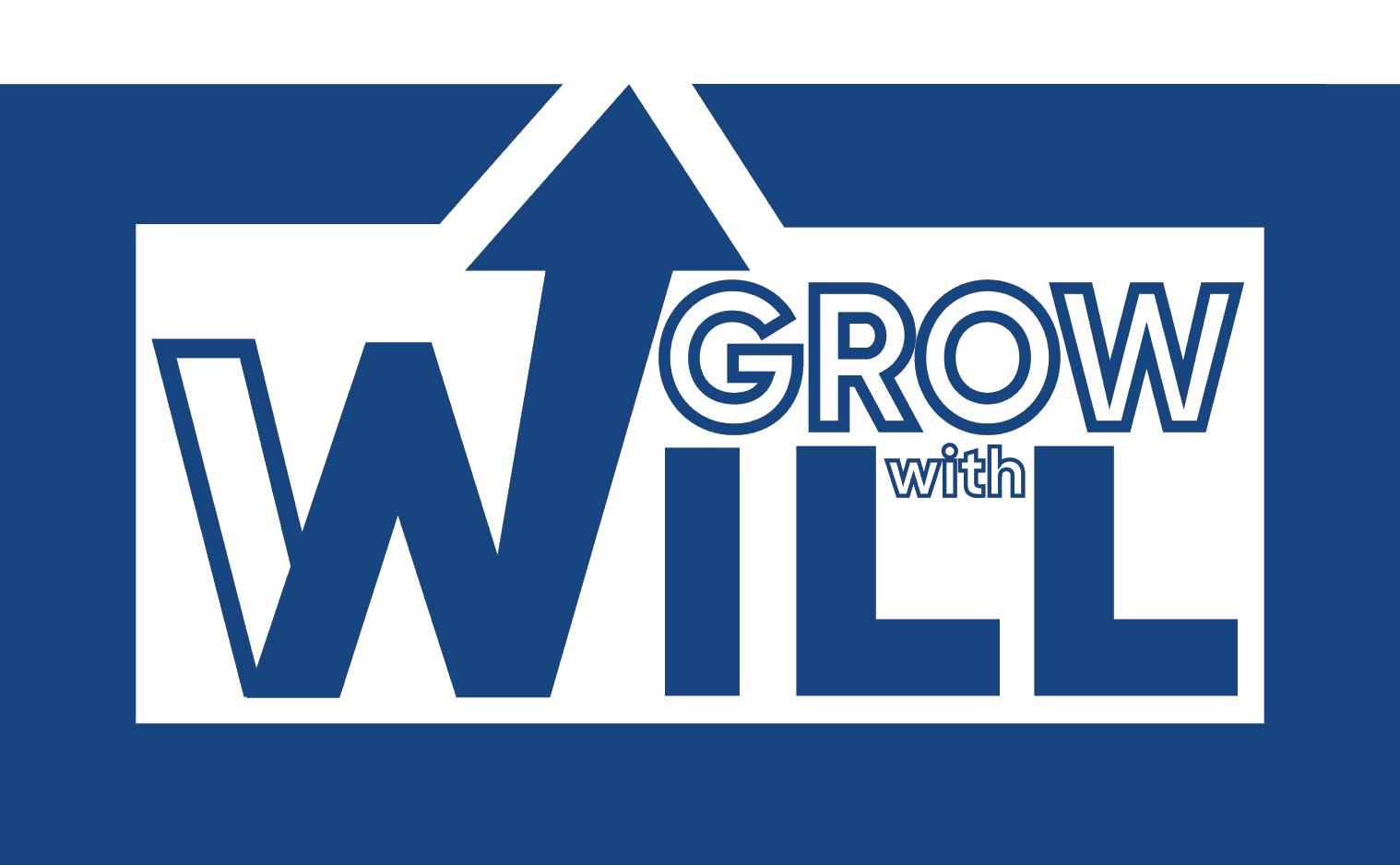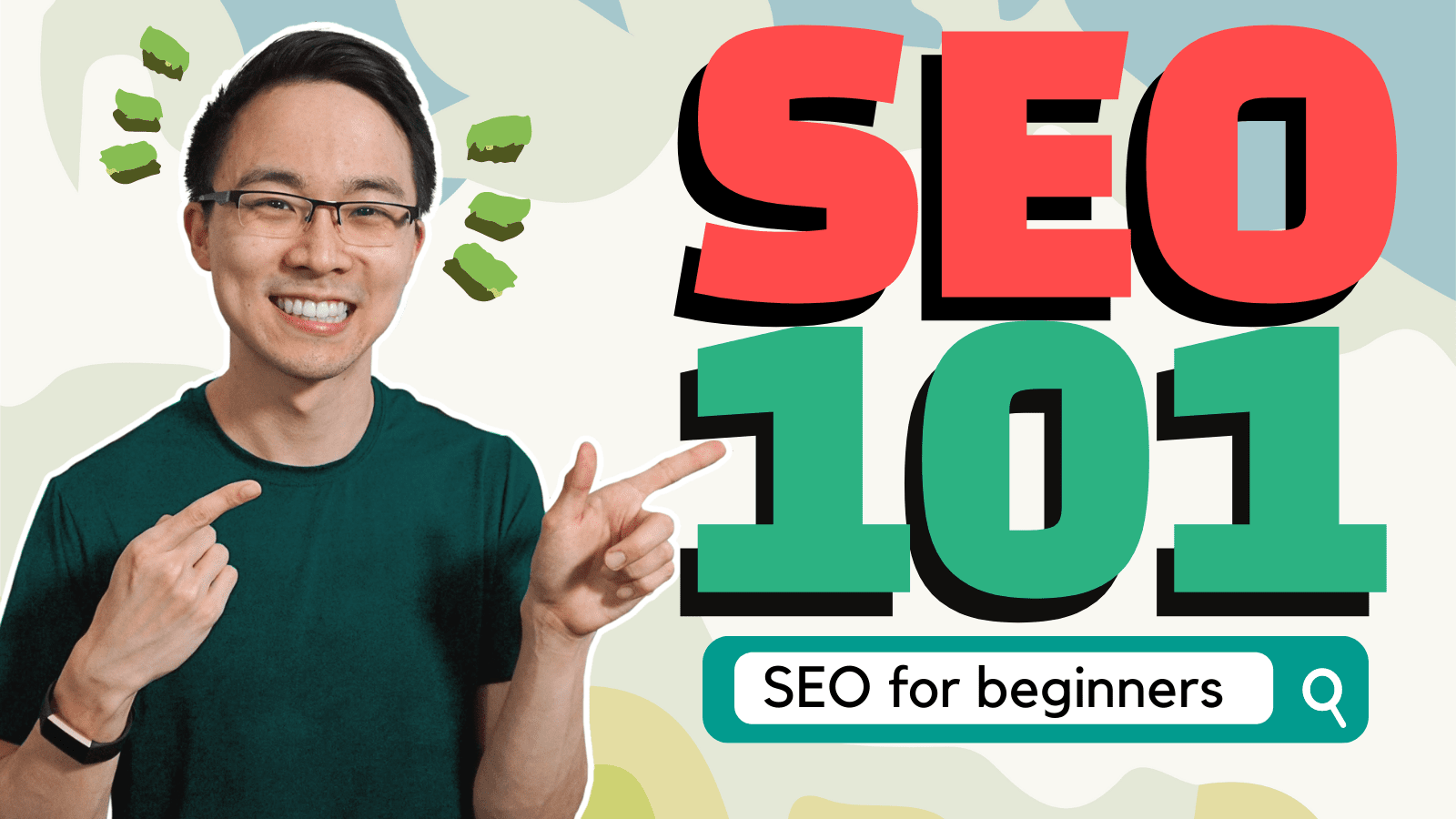So sometimes, people ask me these very basic questions about SEO. And they’re asking me whether or not they should hire an SEO consultant. And aside from the fact that I have created a content as to whether or not you should do that, the answer is likely no, when you are first starting out in building your website. But in today’s article, what I wanted to go over was how to make SEO a little bit more understandable for non SEO sort of people, or even people that are digitally inclined.
What exactly is SEO?
So first things first, search engine optimization is the process in which you are trying to optimize content for search engines. In other words, you’re creating content to make it easier for search engines, to understand exactly what it is that you are an expert in. In many cases, when people are talking in the context of Google, they’re referring to the EAT model of authority and making sure that you have a lot of topical authorities so that you rank higher up in the charts.
But for a non SEO person, like you, the simplest way that I distill SEO to you is if you asked yourself what were some of the things that you know, that are the ins and outs of the particular business or service that you are running, what would you answer? Or asked another way what are some of the questions that people always ask you in your business day in and day out that you can easily provide a one-minute answer to, but you’re also completely comfortable giving a 10-minute answer or even a one-hour answer to that particular question.
That’s essentially what SEO is all about, it’s all about creating topical and relevant content that really digs deep and broad in coverage to show that you are an expert in that respective field. And that’s the way that I think that people that are non SEOs can really think about easier ways to kind of make it more manageable in creating content that’s valuable to others.
When you really distill it down to its very simplest building block, SEO is simply just a fragmented journal in which you have one journal article around one particular topic, another around another topic, and then you’re telling the search engine exactly how these topics are connected. And that’s, what’s known as in the industry term as interlinking in which what you’re doing is you’re linking between posts that you have on your site in order to help search engines understand exactly how all of these topics that you’re talking about are connected.
A good way to think about SEO
A good way to think about SEO if you’re a non SEO person, is what are those key questions that people are often asking you? Answer questions like who, what, where, when, why and how, and if you answer those questions, then you’ve probably already started to tackle many of the things that people find themselves doing when they start approaching SEO on their sites.
The reason why is because when you answer those five Ws and how you’re essentially starting to answer what is known as people also ask phrases, and those are some of the easiest sorts of phrases to rank for on Google, regardless of what niche you’re on, because those are the sorts of long tail questions that people are often searching into Google to try to find the answers to.
And so if you just think about the last 100 times that somebody either called into your business, asked you for advice on a particular thing and jotted down those questions and started to write out those answers. Well, then you’d probably already be on your way of potentially creating some SEO related content.
Fundamentals of SEO
From there, it’s just a matter of starting to learn more of the fundamentals in order to improve that content. But if you just think about it in the context of what you learned in school, then it’s actually not that hard to learn. Well, in school, you probably first started to learn how to write a paragraph. In which if you think about the parts of a paragraph, you have a key, main idea sentence.
From there, you have your supporting sentences for that main idea, and then you have some sort of concluding sentence. And then after a few years of schooling, you started to expand on those paragraphs where instead of just having a single paragraph, you had two paragraphs or three paragraphs, and ultimately you started building five paragraph essays.
And that’s pretty much the same thing that you’d want to do from an SEO world, in which if you were to start to write SEO related content or try to be ranking content for search related phrases, what you’re essentially doing is you’re starting to build five paragraph essays, sometimes 10 paragraph essays, and all of these are just to dig deeper on a particular topic.
Digging into an example of how you would want to do it
So let’s say, for example, you wanted to start a website where you top people, how to run a lawn mowing business. Well, in that situation, you might have one particular journal entry in which it would be how to incorporate your lawn mowing business. And from there, you would start to dig into all the different things related to that particular topic. You might want to have a section for how to look up the state or local registration laws for that lawn mowing business.
Or you might want to share something around why it’s important to form an LLC for your lawn mowing business. But you’ll start to answer those sorts of who, what, where, when, why, and how questions. And naturally, you’ll start to have these things that in the SEO world are just known as subheaders in which you’ll have H2s, threes, fours, fives, and so on. Those are known as header twos, header threes, header fours, header fives, and what they are is that they’re just different levels of importance to help a search engine understand exactly what the component parts are to that particular article that you’re writing.
SEO is just another form of essay
If you really think about it, it’s just another form of a school essay. It’s just another form of a paper in which what you’re doing is you’re creating a page of value that helps explain it concept really well. And then you’re making it easy for a robot or a search engine to crawl your website, to read through all the contents in that page and show to them that you know what you’re talking about with respect to that particular topical phrase.
From there, it’s all about some sort of optimization. Sure, you can learn about how to optimize for images. You can learn the importance of putting alternative texts to your images to help them rank higher. But all that is just frosting on top of a cake. At the end of the day, SEO does not have to be hard for people. And I think where a lot of people struggle is that they get so overwhelmed by all these sorts of industry-wide phrases that you don’t realize that it doesn’t have to be made all that difficult.
All you have to do is first start by thinking about what are some of those common questions that people often are struggling with, that they go to you for? Or what are the sorts of things that you yourself find interesting that are related to the space that you want to build your authority in. And then from there, it’s all about providing valuable insights around answering that question.
After that it’s all about organizing things, linking them to one another sort of thinking about how you’re going to bind the book, so to speak. And then you’re also thinking about how to share that with other people in terms of what they call content distribution. And at the end of the day, you have yourself a website that’s starting to rank for something. Ultimately though it all starts with you creating content that is interesting, valuable, and something that you care about.
And I think that’s really the key when it comes to feeling like SEO is manageable. It’s just simply answering questions and from there helping other people. Helping people find answers to the questions that they have. It’s the same reason why, if you’ve ever been on YouTube and you create a video that is trying to help somebody answer a question, you might find that valuable or interesting because somebody out there in the world decided that they knew the answer to that question, or they wanted to share what they knew about that question.
If you liked this article, be sure to check out my YouTube channel to get new videos every single week. I’ll help take you from zero to self-starter as you grow your business, get more customers, and hone your business acumen. Also, feel free to share this with anybody that you think might benefit from learning an easier way to understand SEO.

